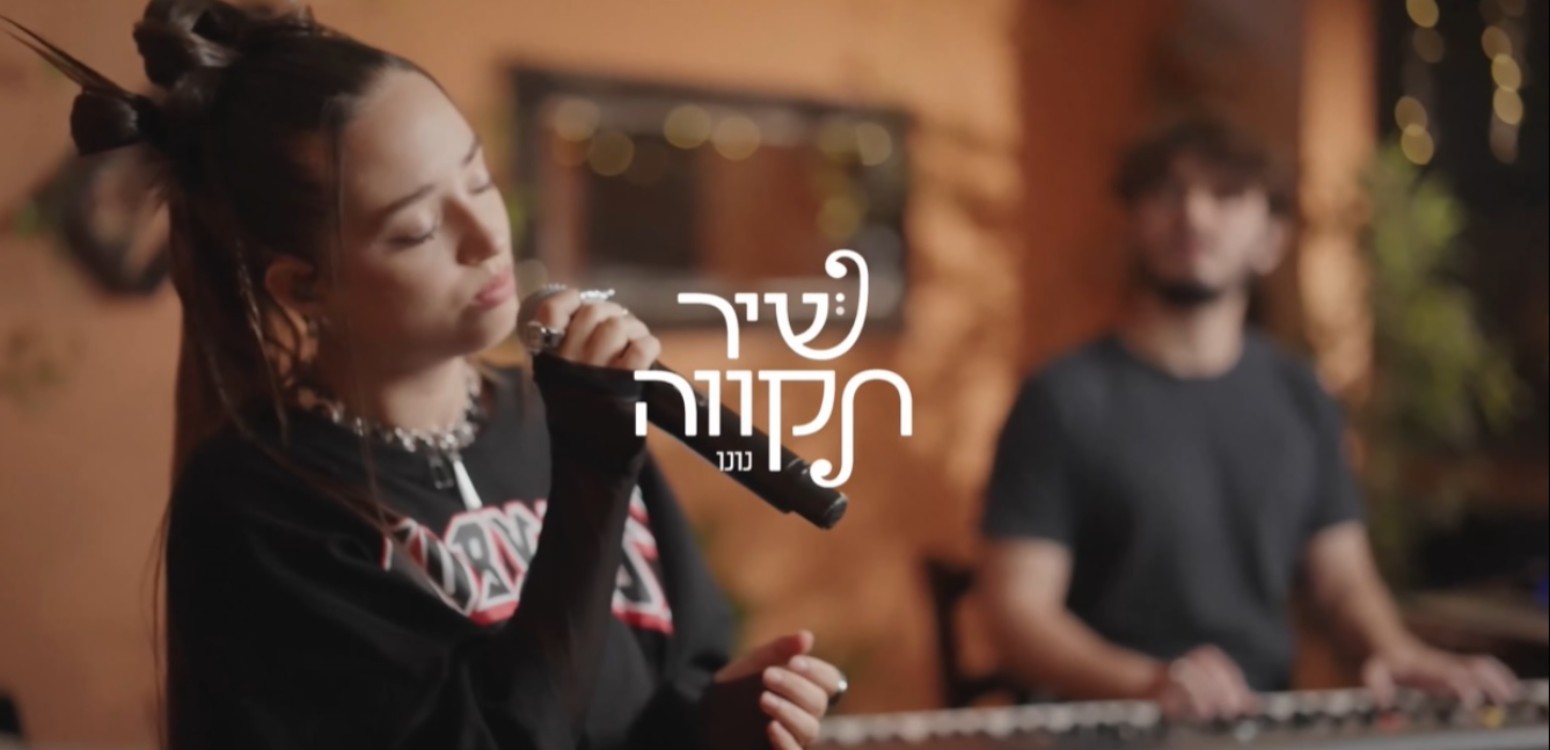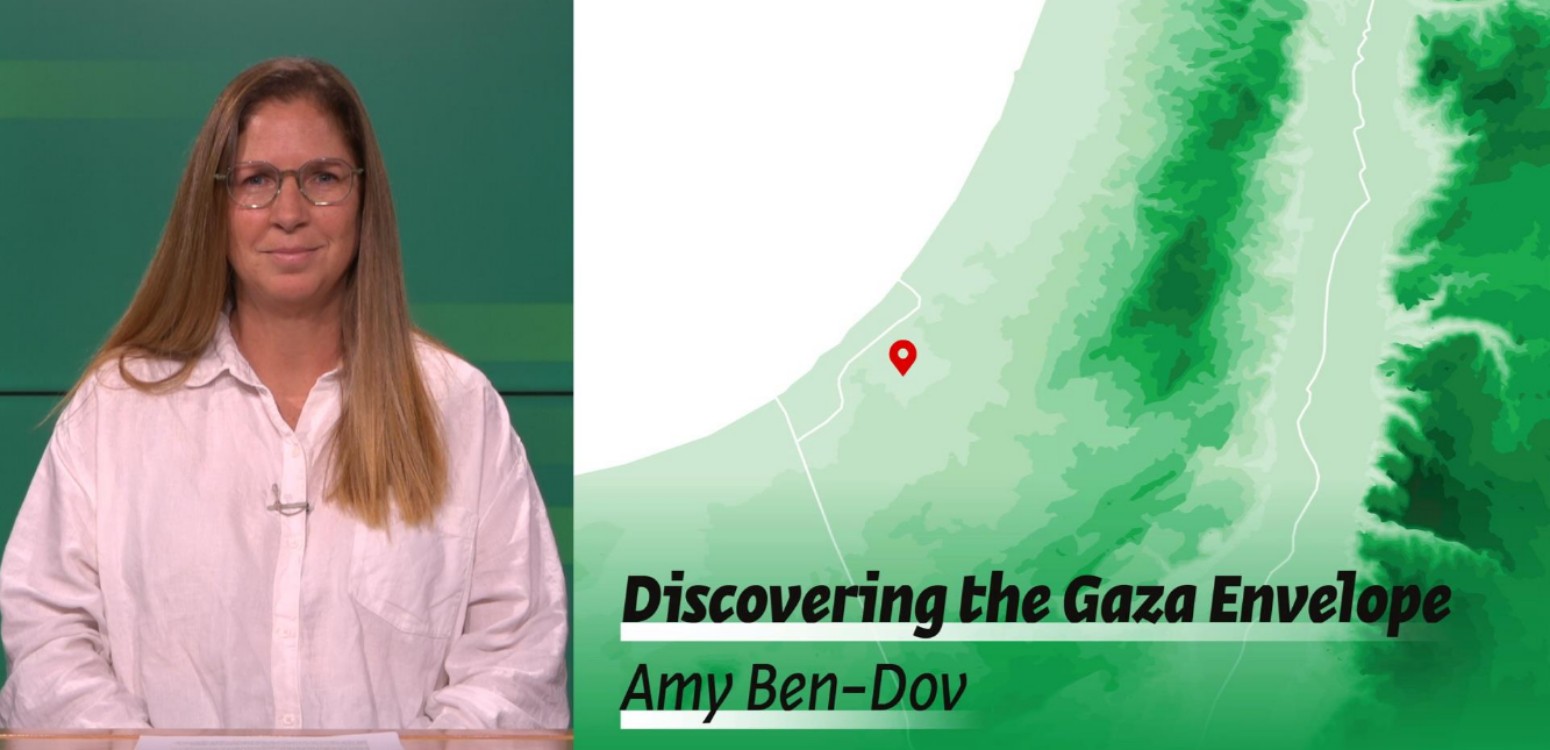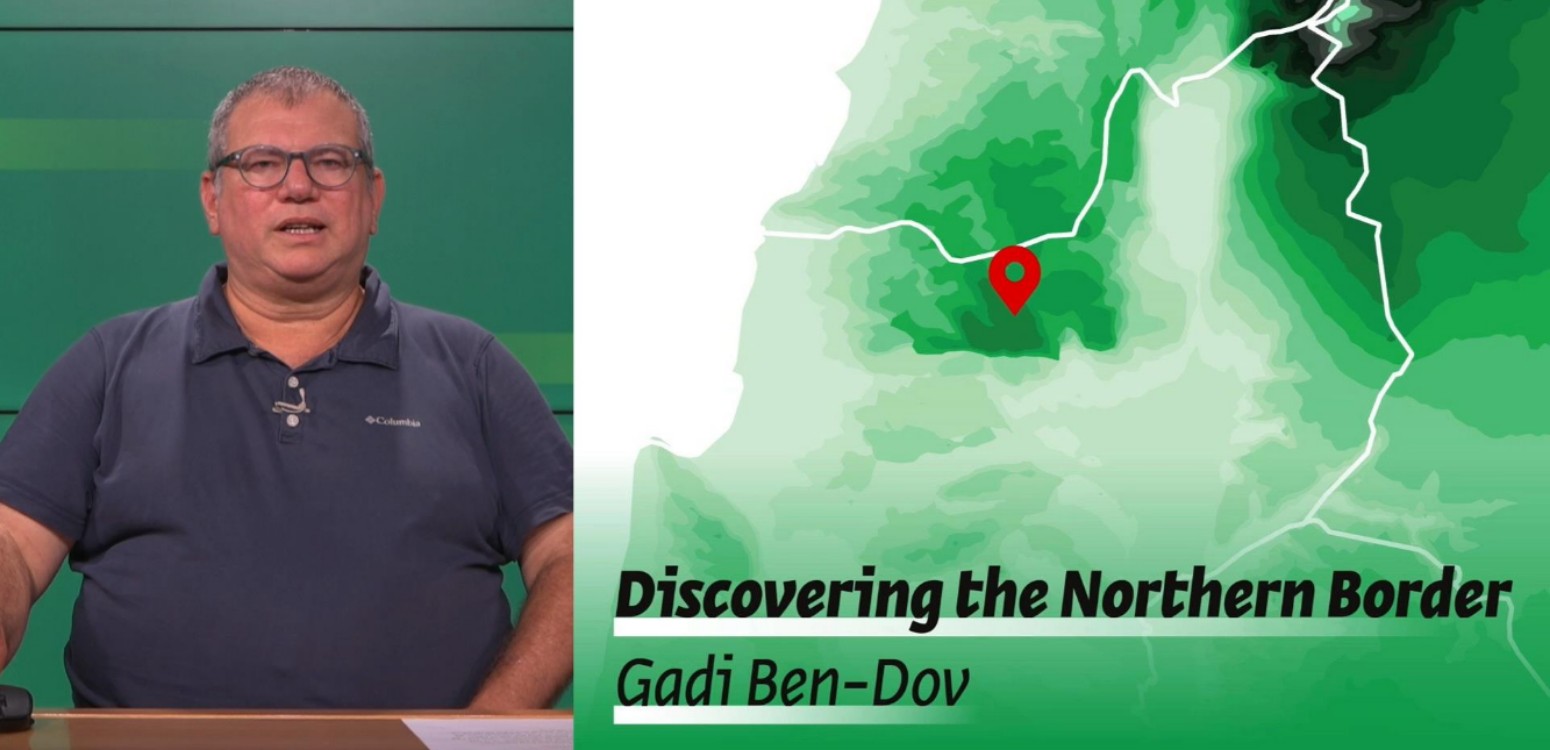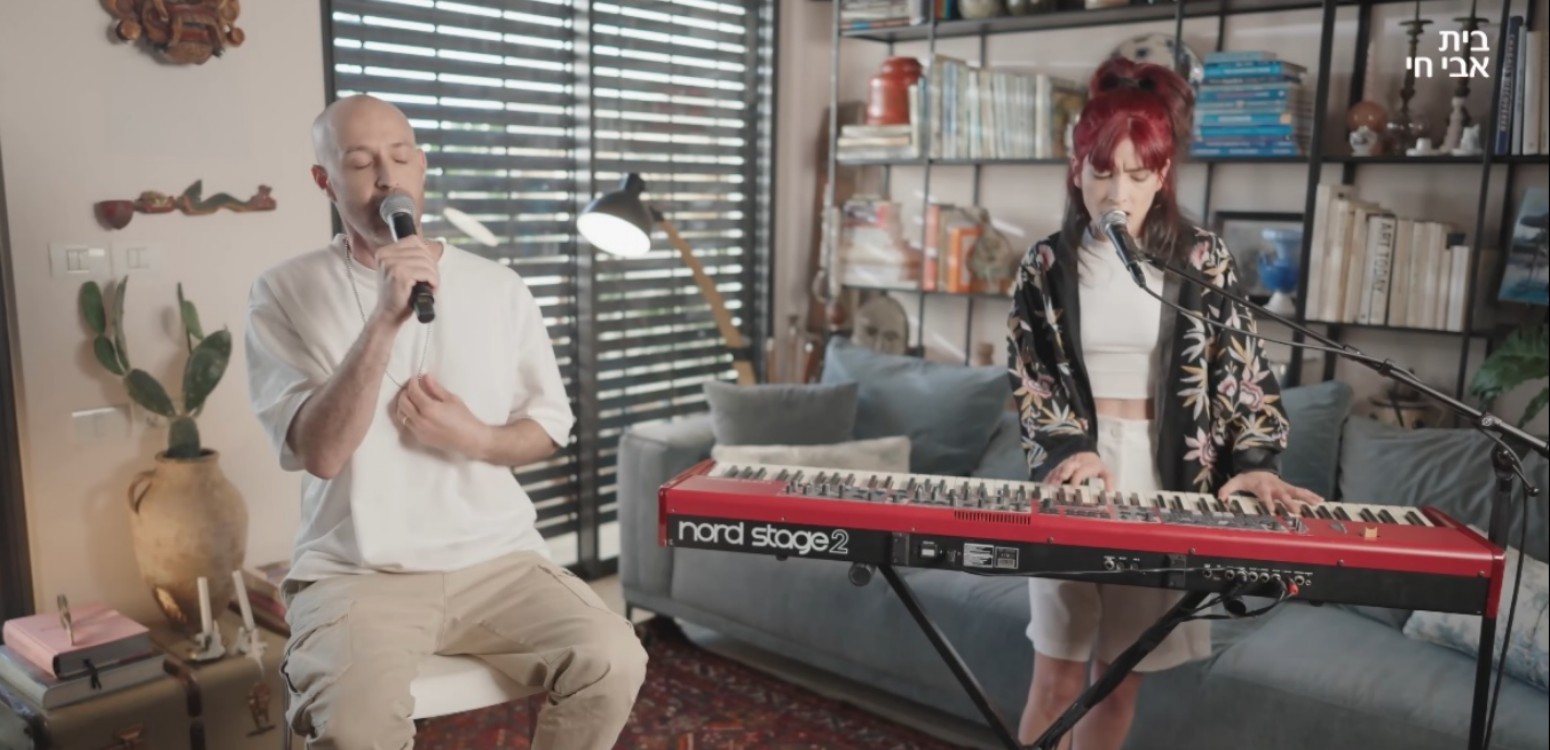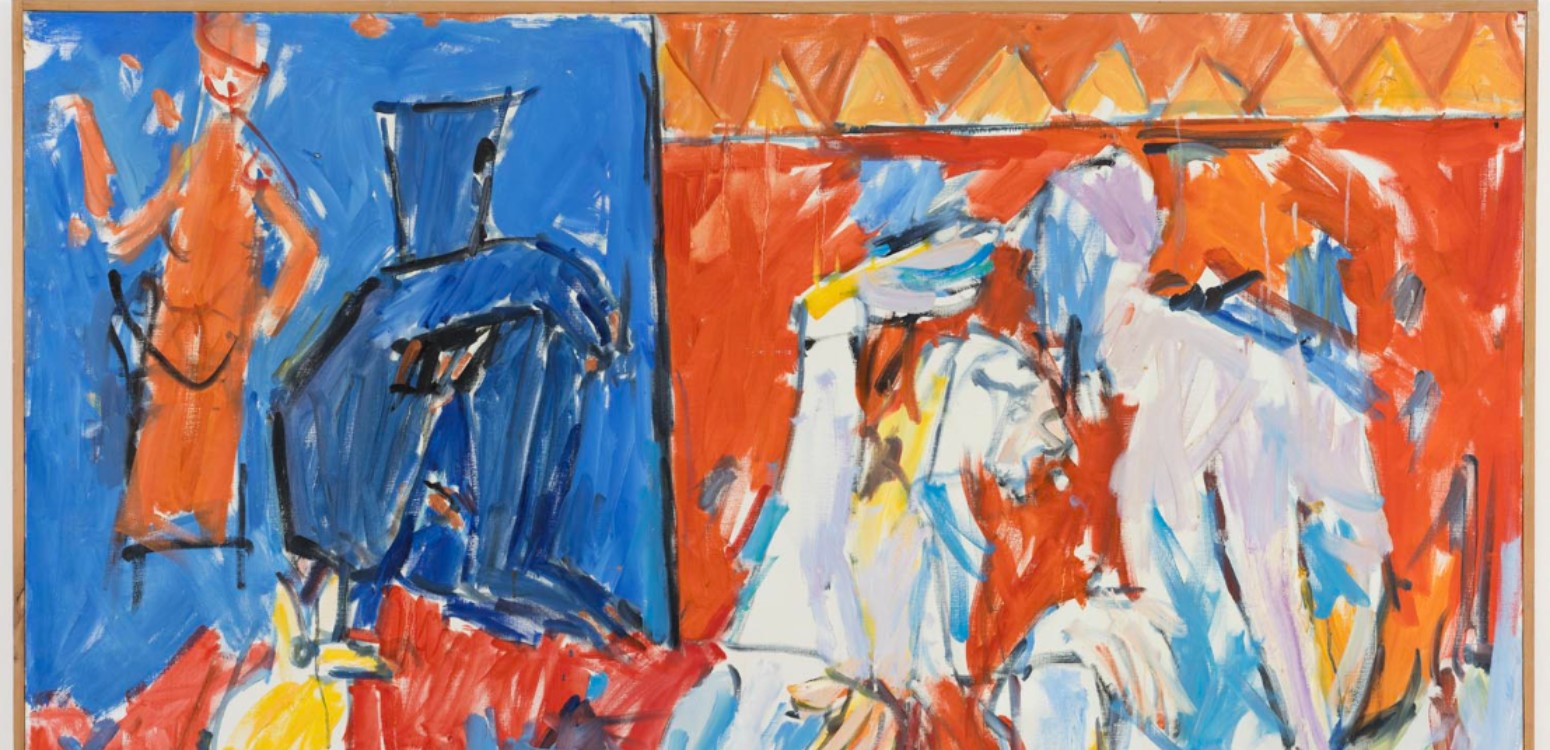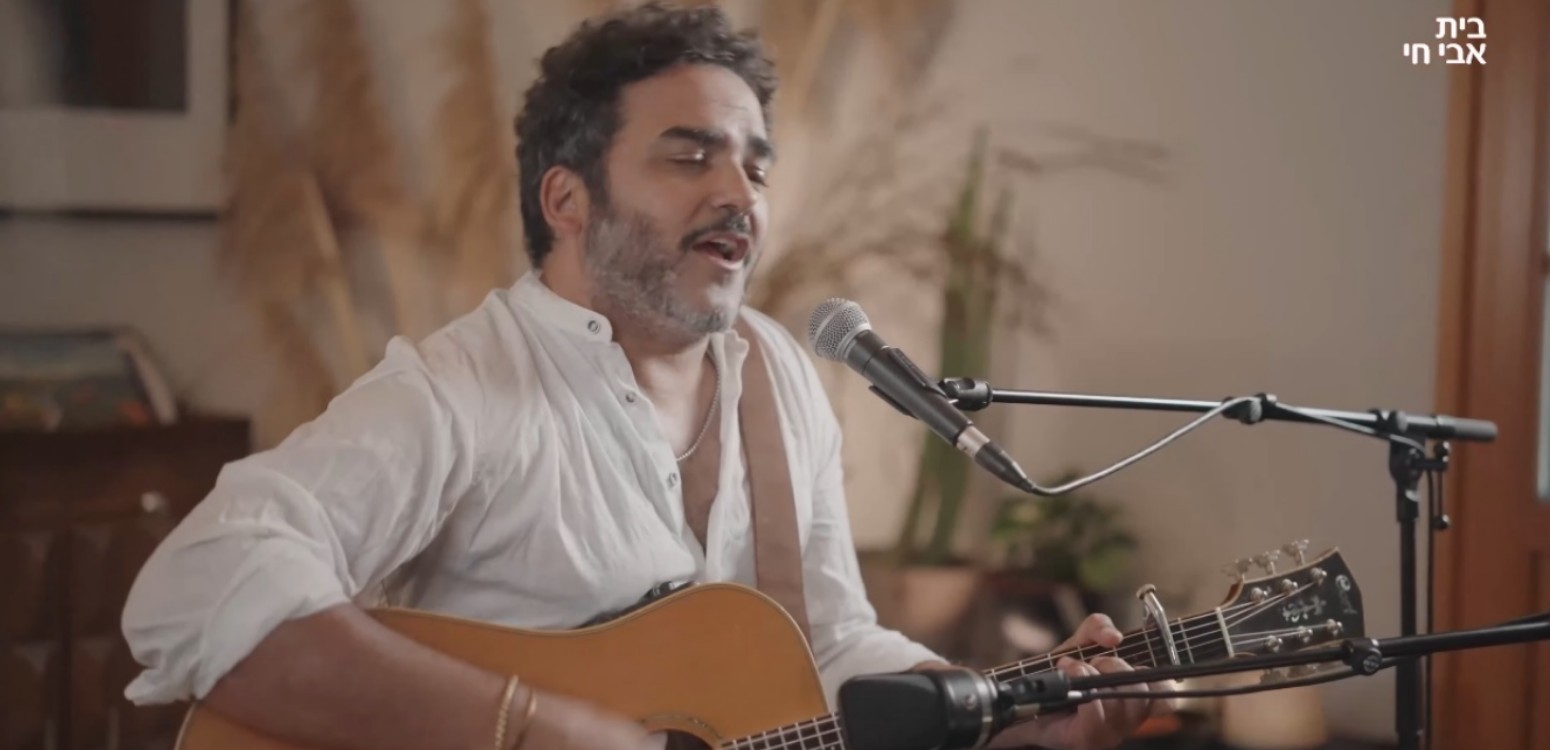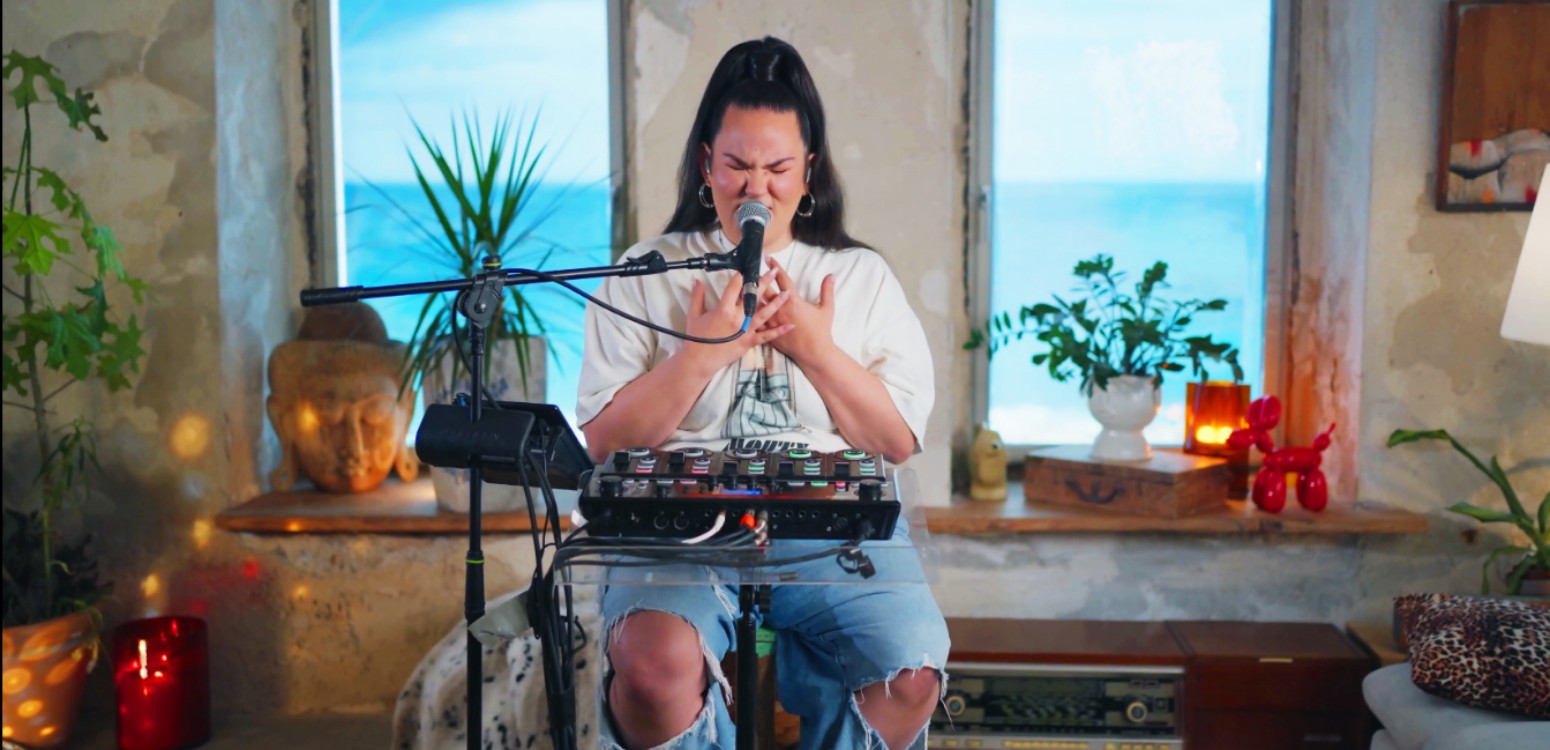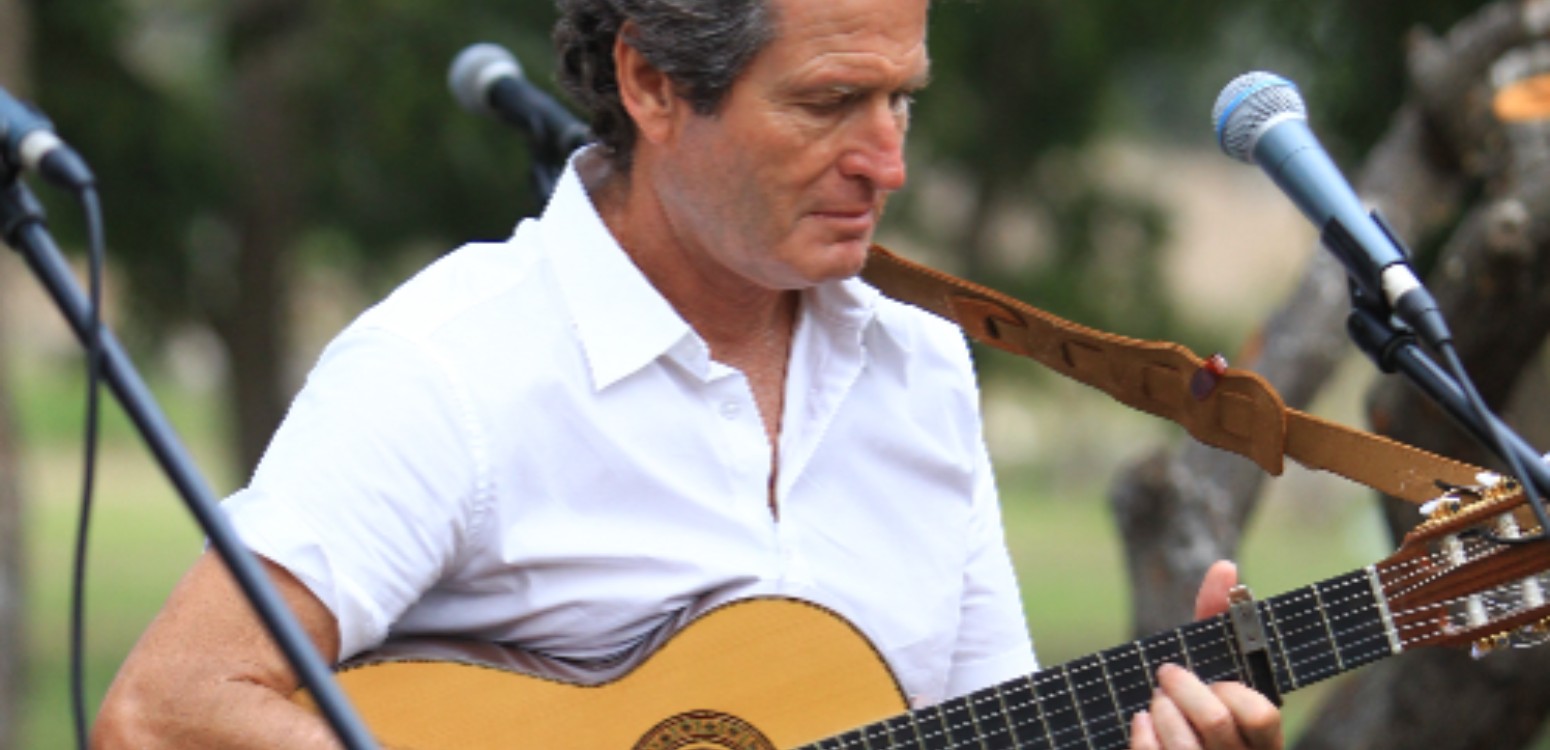Bereavement takes many forms, but the experience of losing a sibling often remains in the shadows. This diverse group of bereaved brothers and sisters found healing and connection through the power of writing at Beit Avi Chai’s writing workshop for bereaved siblings
Dvir, my brother who was killed in a terror attack, appears to me at unexpected moments: when someone who looks like him passes by in the street, when a question arises that he would know how to answer, when Google Photos sends me a notification about memories from a few years ago, when posing for a family photo, when someone asks me how many siblings I have. Bereavement, like life and like death, has many forms; it recedes and approaches, always present but far from being everything. It forces us to leave our comfort zones, to re-examine our connections and contexts, to learn to feel pain, to learn to be comforted.
This terrible war has brought to the surface the place of bereaved siblings, often referred to as the “forgotten mourners” – those who aren’t always known about, whose lives changed in an instant but whose daily routines largely remained the same. Following the shared search for words, Beit Avi Chai came up with an idea that needed a courageous response: a writing workshop for bereaved siblings. Approaching the third run of this unique workshop, and ahead of Yom HaZikaron, seven bereaved brothers and sisters gathered with me, each with a different story and from a different time, to talk about loss, writing, and memory. At the beginning of the conversation, I asked them to introduce themselves, tell me whom they had lost, and why they came to the writing workshop.
Reut Cohen is the sister of Elkana Vizel, who was killed last year in Gaza at the age of 35 when a building collapsed killing 21 soldiers. Reut is married, a mother of four daughters, and hasn’t worked since the loss.
“The first time I felt I had to write,” she says, “was after my friend was killed in a car accident; since then, I've written a bit for myself. After Elkana was killed, I felt a volcano inside me that I couldn't release anywhere, until I allowed myself to try writing again – and that’s when everything came out. I came to the writing workshop because I was looking for professional tools to help me be more precise in order to release what’s inside. It was clear to me that it could only be in a group of bereaved siblings; I wanted a peer group.”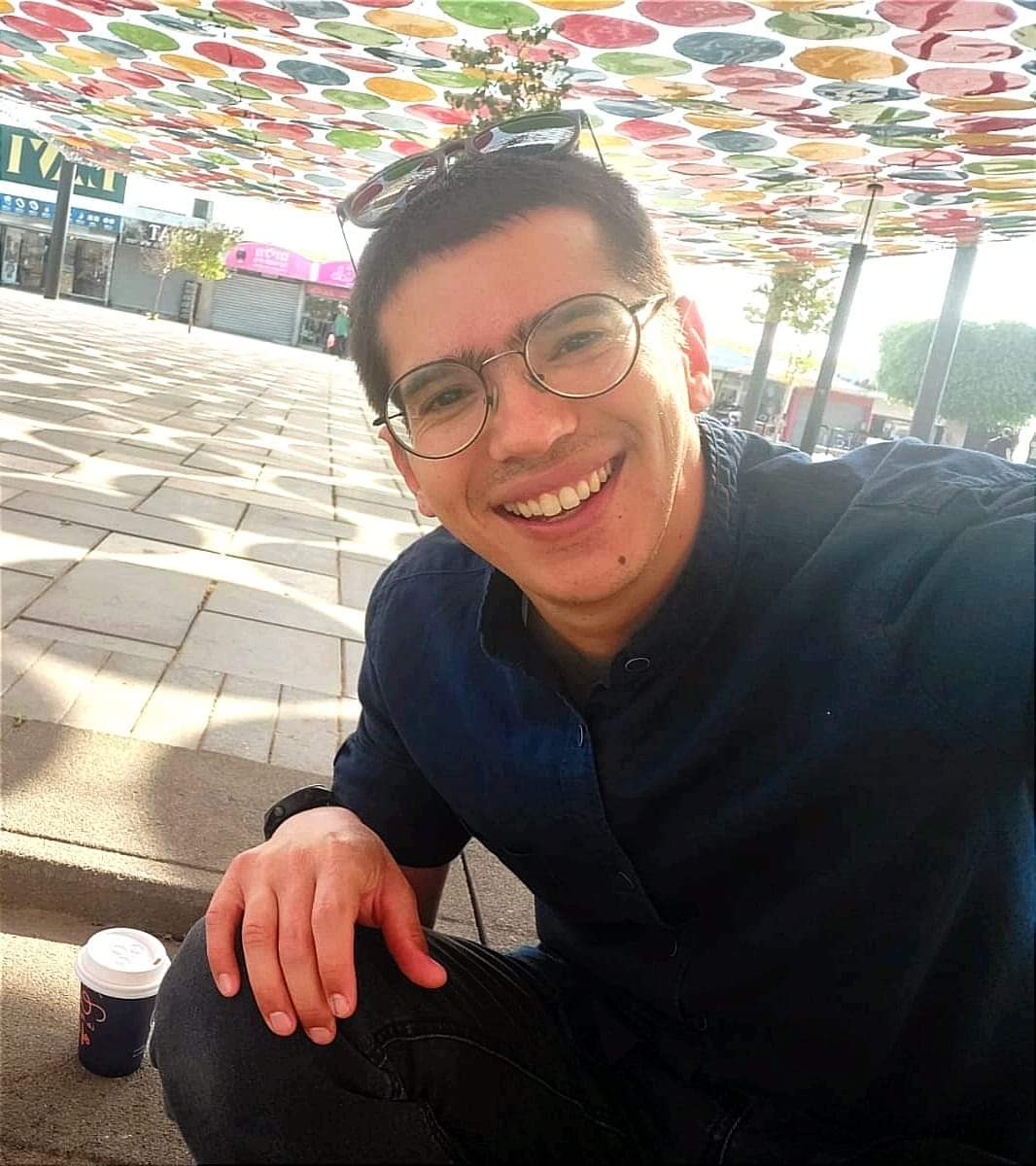
Michal Ohyon lost her daughter, as well as her her brother. Ohyon’s brother, Tal Levy, was 21 and served as a squad commander in the Nahal Brigade, when he was killed on October 7. Michal used to manage an implementation team at the State Comptroller's Office but, following the loss, took unpaid leave.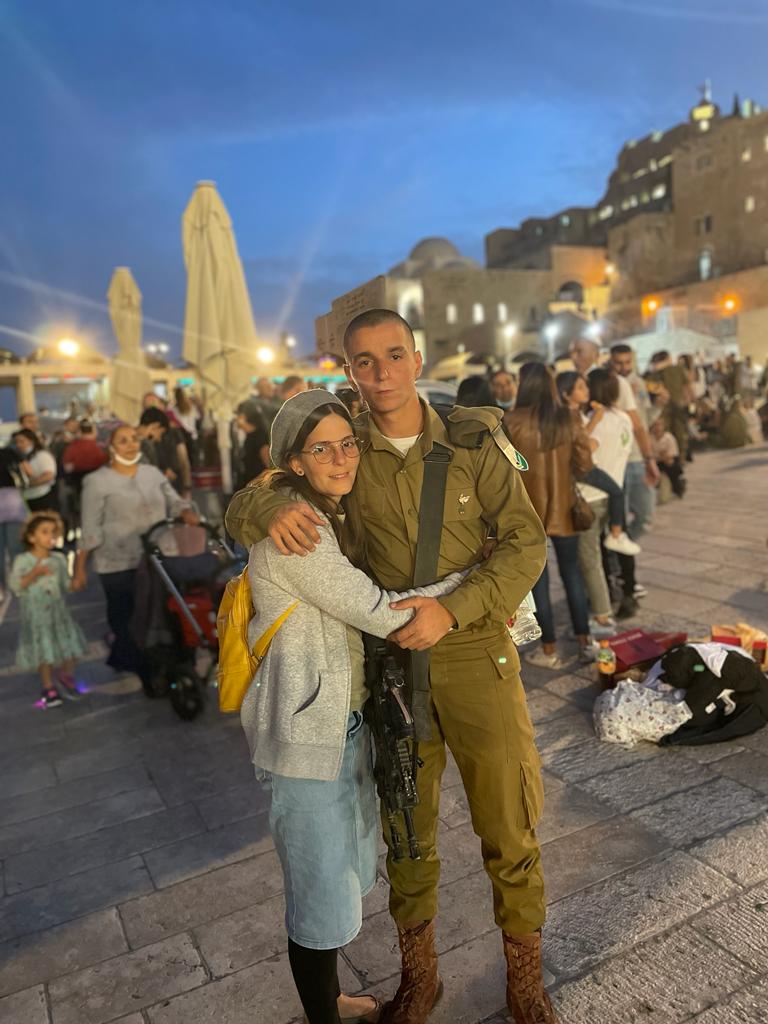
“I didn’t write at all before,” she says. “I was very drawn to come and write as part of a group, to feel that others also feel similar things and can understand my feelings. And writing is good for me because it’s very hard for me to talk.”
Debrah Roth Benaroush is the sister of Daniel Benaroush, who was killed in December 2023, in Gaza. Daniel was 31, married to Hadar, and father to a toddler. Roth Benaroush is married to Ron, a mother of four, and works as a midwife at the Hadassah Ein Kerem hospital.
“I came to the writing workshop confused; writing is not my strong suit. But I came mainly with a strong desire to scream and connect with a group that understands my scream. The writing started to release something in me a little, with the emphasis on ‘a little,’ because the road is still long.”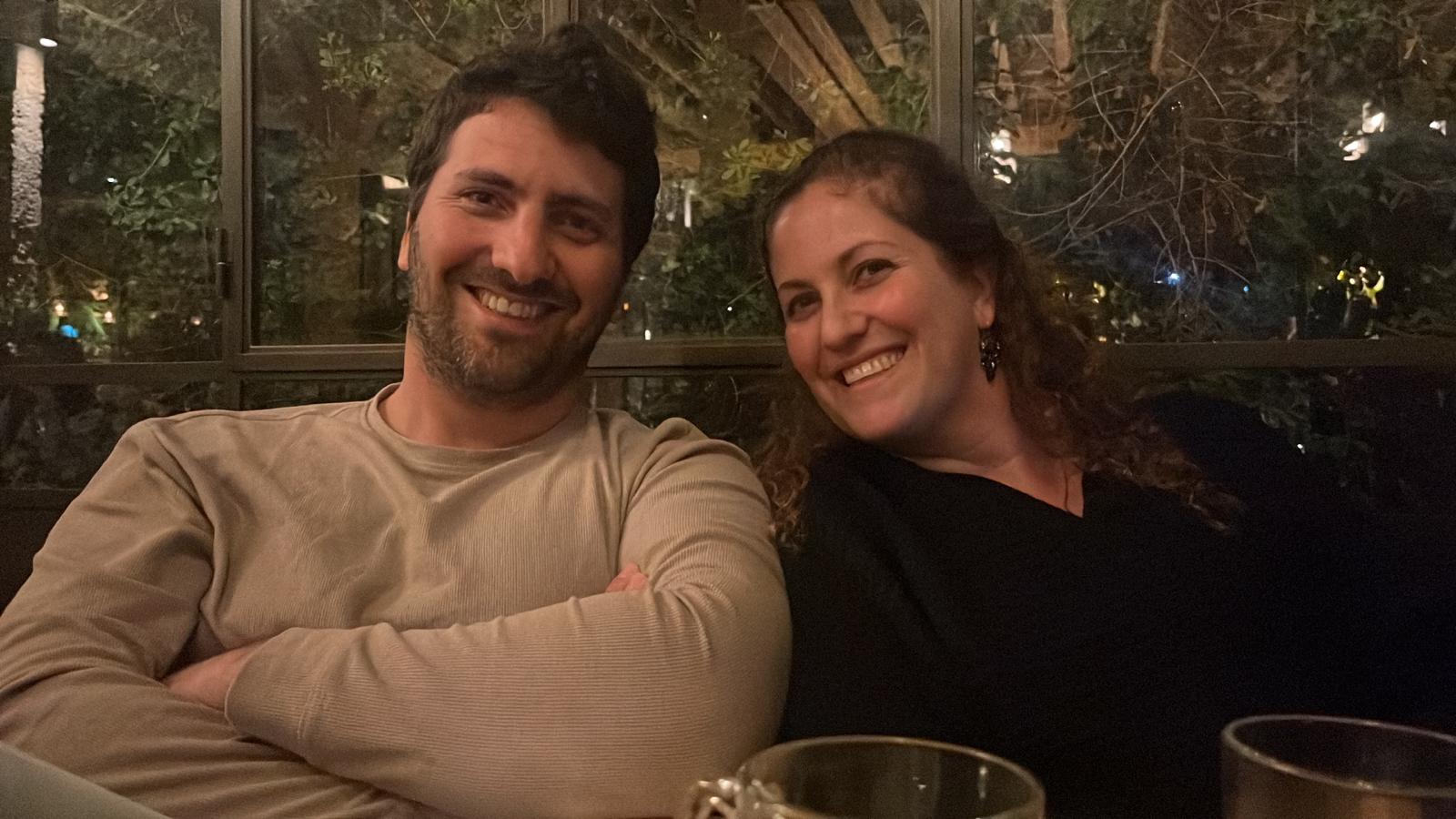
Elad Or is the younger brother of Dror Or, 48, who was murdered in his home in kibbutz Be’eri on October 7, and whose body was abducted. His sister-in-law Yonat Dror was murdered in their home. And three of his nephews were kidnapped on October 7 and released in the hostage deal of 2023. Elad is a father of three and works as the manager of Israel’s social bookstore chain, Rebooks.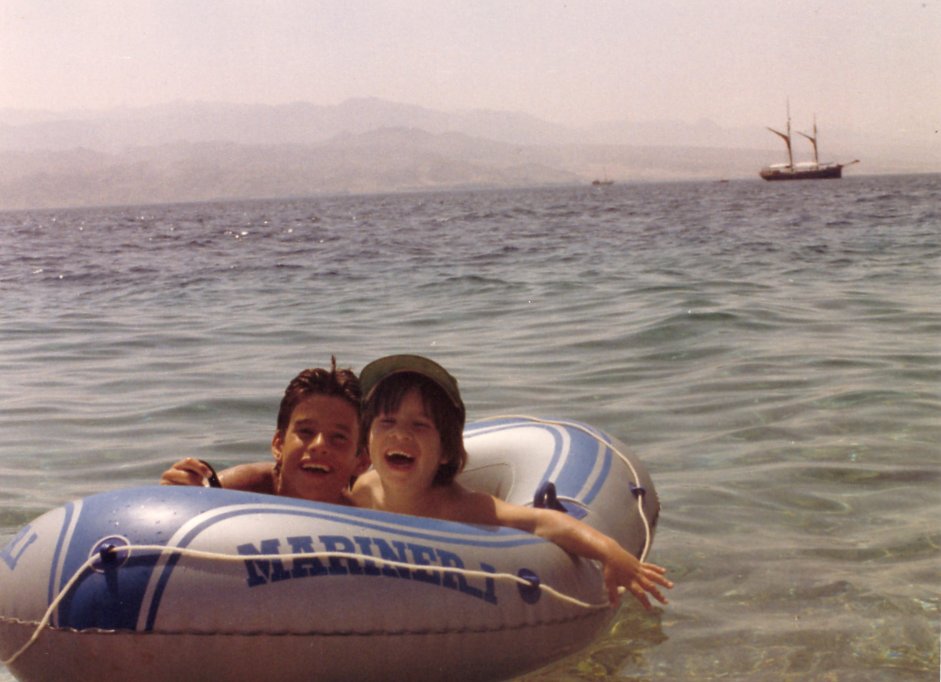
Moriya Cohen, 21, lost her brother Nerya 16 years ago in the 2008 Jerusalem yeshiva attack.
“In the early years, I understood less the meaning of losing a brother because I was very young (4 years old). When I grew up, the longing and the absence were very significant and present in my life, and I understood that I needed to do something with them so they wouldn’t bring me down. I wrote a lot in childhood, and I still write now, and I decided to take death and do something meaningful with it that would accompany me on my way and help me rise. I wrote poems about Nerya, published a small book describing the process I went through with him, memories of being together, despite being young. I cling to every memory and every story about him; we were very close.”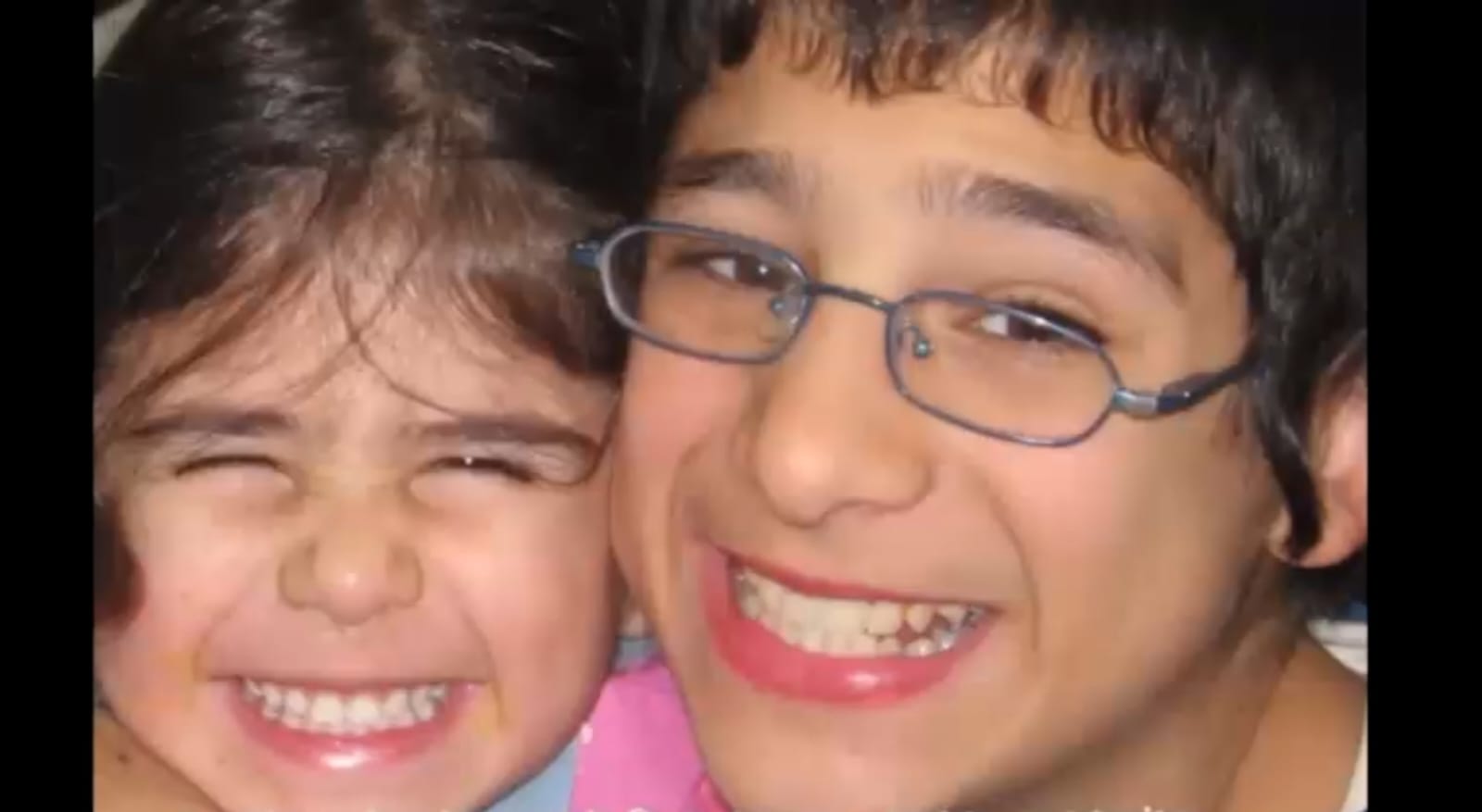
Gila Rootman lives in Hadera, is married to Chaim, and is a mother of three. Her only brother, Kobi, Yaakov Gabriel Nachmani, was a tank commander in the 7th Brigade and fell in the Battle of Karameh during the War of Attrition on 21 March 1968. He was 20 when he died. “I write occasionally for my pleasure, my pain, and hope,” she says. “I am a ‘veteran’ bereaved sister, but the group gives me a place to express the constant pain that never disappears.”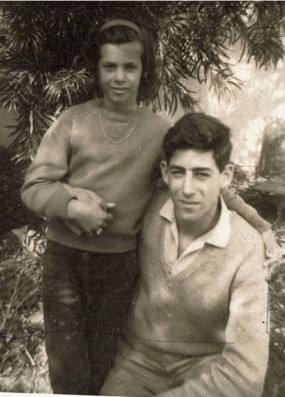
Yam De Loya is a marketing coordinator at Beit Avi Chai. She lost her older brother Yaacov, who died of a heart attack in 2016. Yaacov was single with no children and no preexisting conditions.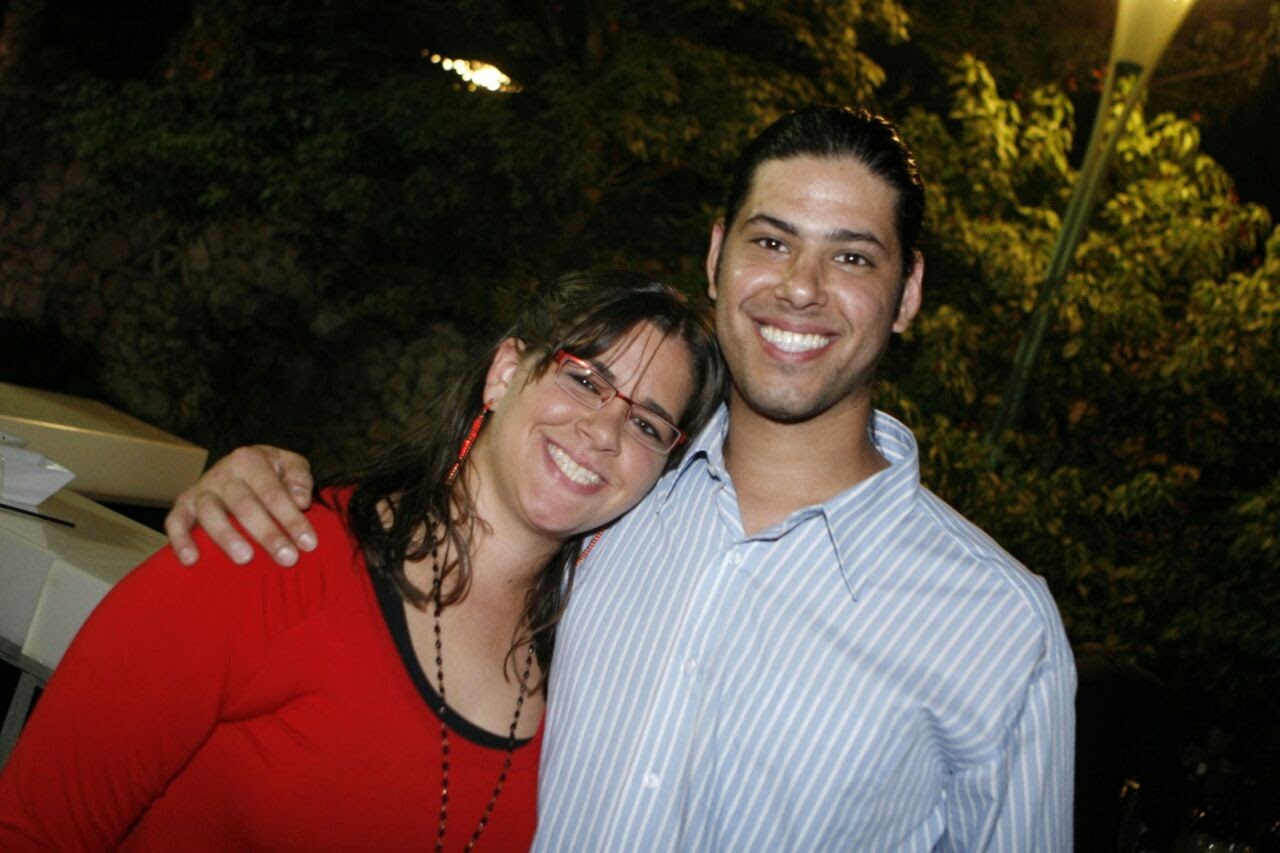
“I used to write for work purposes, and I write a lot, especially on social media,” she says. “I joined the workshop wondering whether the workshop would suit me and whether I would suit the workshop. I decided to try, and I’m happy about this attempt.”
Most frameworks that bring together people who have experienced bereavement are divided by the form of death (groups from the Ministry of Defense, National Insurance, etc.). How does it feel to sit with bereaved siblings with diverse stories, both in terms of age and time? Do you feel there is a hierarchy to bereavement?
Reut Cohen: “In other groups I participated in, I strongly felt the gap between ‘veteran’ bereavement and ‘young’ bereavement; perspective affects the way bereavement is experienced at that moment. Surprisingly, in the writing group, I didn’t feel this gap was significant. Everyone brought their broken heart, and it didn’t matter if it had been broken for a few months or a few years. The issue of civilian/national bereavement was also not an issue when the heart and what’s inside it are the center of the conversation.”
Debrah Roth Benaroush: “In the workshop itself, it took a few sessions until we learned the different stories. The initial acquaintance was based on the fact that we’re all bereaved siblings; only later did each person reveal, in their own time, their personal story. In my opinion, the diverse stories and different ages only connect us – in the end, we’re all dealing with a brother/sister who died, with a difficulty that only we as bereaved siblings can understand.”
Yam De Loya: “We had a discussion about this in the workshop, and I think there is a hierarchy, which is also felt from the outside: there are those who are the most ‘esteemed,’ the most ‘heroic’ – military bereavement and then terrorism, and then accidents, diseases, and finally those who committed suicide... Of course, in the group, this wasn’t felt. I think there’s also a gap in terms of how ‘fresh’ the loss is; those who are still very ‘fresh’ aren’t yet very cynical and it’s still very, very difficult for them; everything makes them cry. From the way people present their story, you can identify how long they’ve been ‘in it.’ It was very interesting for me to sit with siblings from all shades of bereavement because, in the end, each story stands on its own.”
Did you feel there was more similarity than difference despite the gaps? That a bereaved sibling is a bereaved sibling regardless of age and story?
Gila Rootman: “For bereaved brothers and sisters who have lost a brother or sister, whether in war, terror attack, car accident, illness, or other circumstances – the pain, in my opinion, is the same pain of ‘nothingness.’ I often hear discourse suggesting that the cause of death provides some kind of comfort. In my eyes, bereavement is bereavement; it leaves a scar that only with time slightly shrinks a bit.”
Reut Cohen: “There is similarity and there is difference. For me, dying while protecting the country means acting according to the values that I and my family believe in. I try to think how I would feel if it were a death in an accident or one that could have been prevented; I think it could have brought up more feelings of anger and helplessness.”
What did meeting with other bereaved siblings give you?
Debrah Roth Benaroush: “After my brother’s death, I felt that no one understood me, not my good friends, not at work, and not those around me. In the writing workshop, for the first time, a meeting was created with mutual understanding. Everyone spoke the same language and went through the same experiences.
“It was only a few months after Daniel's death, and I felt lost. In those months, I felt disconnected from society due to its lack of understanding and found a common language with a peer group who had experienced bereavement like me. Today, a year later, I feel that something in me has opened up a bit more even to a society that hasn’t experienced bereavement.”
Yam De Loya: “The workshop gave me a ‘peer group,’ a group of belonging. As a bereaved sister, you’re not always ‘counted’ – you’re not the partner, not the parent or the children, you’re ‘just the sister.’ They tell you to ‘take care of the parents’ – but who takes care of me? I started calling it ‘orphaned sister’ because following the loss, parents focus on their grief and you somewhat lose your parents along the way. Life will never return to what it was; you also lose your place in the home, and when there are other people who understand what you’re talking about, a sense of belonging is created.
“Usually talking about bereavement helps, but often it’s hard for people around to listen because it’s a sad topic; when I write, I can write without someone silencing me in the middle and trying to change the subject.”
Michal Ohyon: “Meetings with bereaved brothers and sisters allow for a lot of identification with the pain. They help you understand that not only you have these ‘strange’ feelings; there are others who experience the same feelings.”
Gila Rootman: “I’ve been writing since Kobi died. I write poems, and at the end of them, light remains. The writing workshop is a place where sadness and sadness meet from different perspectives, all from the heart.”
Why do you write? Therapy? Documentation? Commemoration? What’s the motivation?
Michal Ohyon: “Writing is a powerful tool. Writing what you feel is a kind of release; sometimes you don’t notice and suddenly things spill out that you didn’t intend to say. This is the first time someone has suggested I write; I hadn’t thought before about this kind of therapy.”
Reut Cohen: “To release, to process with myself, to make present. For me, it’s not a motivation but a necessity. Since I received tools to precisely translate feelings into words, it’s constantly running in my head and coming out. Not everything turns into a readable text like a poem; sometimes they’re lists that one day I notice connect with other lists I wrote earlier, and this connection brings me insights I wouldn’t have noticed without the writing.”
Elad Or: “In the pounding drum noise of October 7 and the hostages, I felt an excess of publicity and commemoration. The writing group drew me towards the more personal direction, it was more powerful for me than commemoration.”
Moriya Cohen: “Writing gave me a place for healing and understanding my way. I researched who he was and what I could take from him. He is really an integral part of my daily life.”
There’s a romantic perception of the “poet figure” or the writer, that they need to be a person struck by fate, someone who has experienced great pain in life to be able to write. What do you think about this perception? Do you feel that bereavement gave you a “right” to write?
Reut Cohen: “For me, it’s not a right so much as a necessity. Bereavement overwhelms so much that I felt I had to release it.”
Yam De Loya: “No, I don’t really agree with that. Maybe I’m experiencing something that most people will experience at a later age, and therefore maybe I can give them an interesting perspective on the subject, but any person as a person can write, and it’s not a right reserved only for depressed people.”
What have you learned about yourselves or about life following the workshop?
Michal Ohyon: “I learned that I can write even when I’m silent. I learned that I know my brother more deeply. When the people around you are alive, you take it for granted and don’t delve deep.”
Reut Cohen: “Sometimes writing is better than a psychologist. I gained courage to write and share what came out of the writing. I understood that writing reflects my heart, and therefore no one can say if it’s good or not; there may be readers who won’t connect with the style or content, but words that came from the heart will always be correct.”
Devora Roth: “As a midwife, I had a dream to one day in the future deliver the children of my sister-in-law and brother, and this loss was written in the workshop. It burned in me and still burns.”
What advice would you give to a bereaved brother/sister who wants to write?
Reut Cohen: “Don’t think about how it sounds – whether it’s at the level of a poet or a kindergarten child; it doesn’t matter. What’s important is how you feel after you’ve written.”
Devora Roth: “Come without fear. Open up. Write without worry. It’s not a writing competition; it’s an opening for breathing.”
